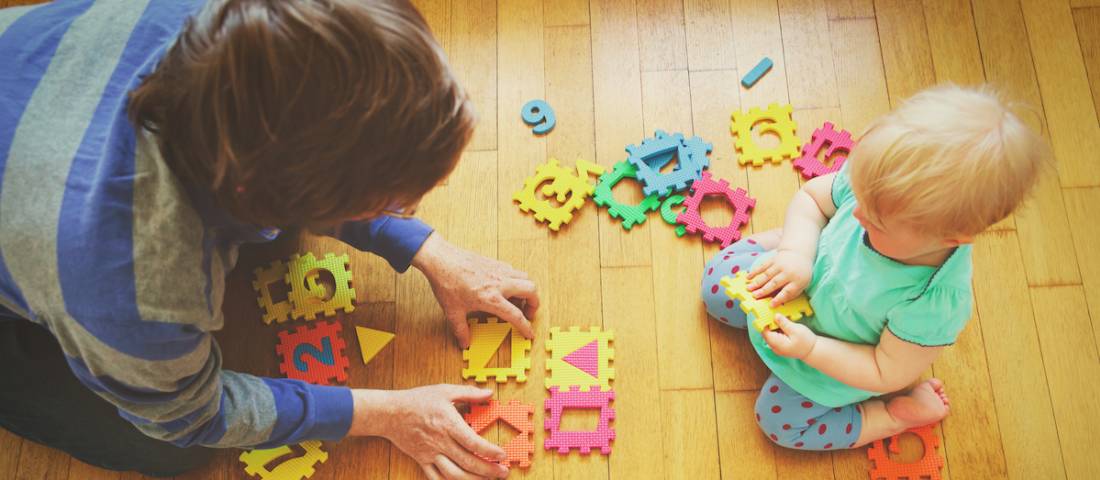While children can thrive in a variety of settings, here at tiney we're passionate about the benefits of home-based care. Richard Miranda explains why...
Attachment theory
The first time a child goes into childcare is a big deal. Most children don’t like to be separated from their parents and can get upset. This can be stressful and make parents feel guilty about leaving their child with someone else.
Children become upset because they’re leaving their main attachment figure(s). They’ve spent time forming relationships and feel secure with those people. A secure attachment means the child feels safe. They can go and explore and feel secure in the knowledge that the parent will still be there when they return.
When children are separated from their attachment figure, they sense danger because they feel unprotected. This manifests as them feeling stressed.
The role of cortisol
When humans feel stressed, our levels of the stress hormone cortisol rise.
A certain level of cortisol is natural. Normal cortisol levels increase in the morning and tail off over the day.
However, recent research has found that when children spend a whole day in care, their cortisol levels stay high throughout the day. This seems to indicate that a full day of care causes children to feel stressed.
This obviously isn't good. Prolonged stress in young children can slow — or even stop — brain development and even their physical growth. The consequences of ongoing stress can be serious. The secondary attachment figure
But there's good news. This stress response can be avoided if they have a 'secondary attachment figure' they're being left with. This is a complicated way of saying another lovely person they feel attached to.
If children don’t have this, being separated from their parents can cause them to feel stressed.
However, if they do have it then they can avoid the anxiety. Children that have good relationships while in care don't experience nearly as much of a stress response.
Whether they're at home or in childcare, children need a caregiver they know, trust and feel attached to. This stops them feeling stressed and prevents any issues arising from prolonged high cortisol levels
A home away from home
So how do you make sure your child finds a secondary attachment figure they trust as quickly as possible?
We think the easiest way to do it is by having a childcare setting that replicates life at the family home. At home, a child gets lots of personal attention and is in a familiar environment. This is what they're used to. It follows that if a childcare setting is in a familiar place - i.e. somebody's home - the child will be more likely to feel comfortable, faster.
Tiney homes also have a gradual settling in period for each child lasting between two to four weeks. A single adult being there (rather than multiple adults as in a nursery setting) means more personal attention. A slow start helps to avoid daily tears and stressful mornings further down the line. Putting the time in early on pays off in the long term.
Together this means a quick attachment can be made to a new caregiver. As a result, children feel less anxiety and stress.
What the research says
There's evidence that backs this up. Research has found that childminders - who care for children in small groups from their own home - have more positive relationships and high emotional responsiveness in comparison to nursery staff.
There are lots of great things about the nursery model, which we've tried to design into tiney. However, a key worker is not the same as having an adult who is available 100% of the time and a limited number of children in the building.
There's evidence that because of this more personalised attention, childminders provide more stimulating adult-child activities for younger children.
Longer term, this results in children being able to regulate their behaviour better, have improved verbal development and a larger vocabulary.
These aren't the only studies out there. Other studies find more modest differences. However, we strongly believe the family home model offers a clearer route for a child to develop a secondary attachment figure than other childcare options out there. That means happier, healthier children.







